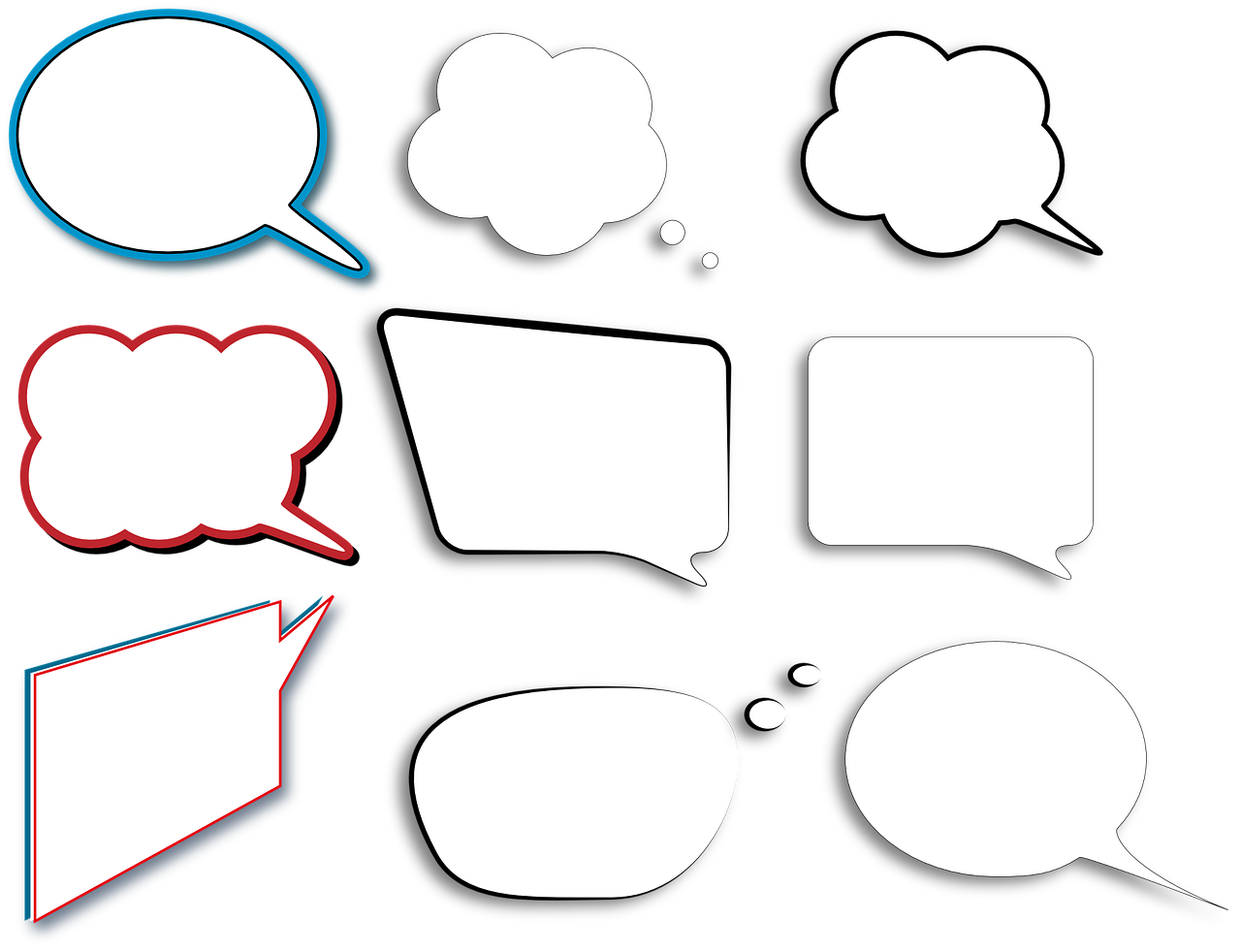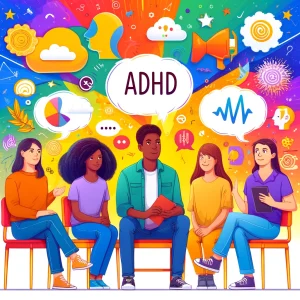How ADHD Influences Communication
Communication in the neurotypical-dominated world can often present unique challenges for ADHD people, not due to a lack of skills or effort but because of how they process information.
People with ADHD might experience differences in how they listen, process spoken words, and express themselves. These differences can sometimes look like not playing by the normal rules or social norms. They can manifest as speaking out of "turn," having difficulty organizing thoughts before speaking ( especially if anxious), blurting out ideas when excited, finding it challenging to maintain focus on a conversation when bored or anxious, or being overwhelmed by sensory experiences.
Embracing Unique Communication Styles
It's important to recognize that these communication patterns are not deficits. They are part of the diverse spectrum of human cognition. If you find traditional communication methods challenging, it can be helpful to explore strategies that align better with your needs. For example:
- Utilize visual aids to reinforce spoken information.
- Use recording devices and other tools at work if necessary to assist in working memory challenges
- Allow yourself short breaks if conversations become overwhelming.
- Practice techniques like active listening to stay engaged during discussions or don't talk to people that bore you unless absolutely necessary
- Have conversations with people you care about in calm and quiet places
- Spend time with other neurodivergent people who don't care if you break social norms
Remember, communication challenges do not reflect your intelligence or your interest in the conversation. By embracing your unique style and advocating for what works best for you, you can enhance your interactions in both personal and professional settings.
Communication Considerations for Children with ADHD
Children with ADHD may also display unique speech patterns, such as variability in pitch or speaking pace. According to developmental pediatrician Dr. Mark Bertin, and supported by research, these differences are not indicators of a child’s capabilities but rather reflections of their distinct way of processing and articulating thoughts. Acknowledging and accommodating these differences can help children feel more understood and supported. Allow your child to be who they are without shaming and correcting them if possible. Encourage them to spend time with other neurodivergent children who accept them.
Strategies to Improve Communication Experiences for ADHDers
Here’s a checklist of strategies that might help you or a child manage communication more effectively:
- Observe and Understand: Notice which situations make communication difficult and what helps you feel happy and regulated
- Set Clear Boundaries: If you’re feeling overwhelmed, it’s okay to ask to resume the conversation later or in a different space.
- Practice and Prepare: If impulsive responses are a challenge in settings where they are not accepted, try to take a moment before responding. Preparing talking points for important conversations can also be helpful.
- Express Needs: Communicate your preferences clearly to others. For example, if quieter settings help you concentrate better, share this with your peers or colleagues.
- Embrace Misunderstandings and Learn: Understand that misunderstandings are part of the communication process. With people you love or care about, or even in other settings, it's okay to ask for clarification if you don't understand or are confused
Communication Tips for Loved Ones
When communicating with someone who has ADHD, clarity, and conciseness are key. Ensure you have their full attention before beginning to speak, minimize distractions, and use clear, straightforward language. Repeating or rephrasing important points can help ensure mutual understanding. If an ADHD person is distracted while you are talking to them they may not remember what you said.
Remember
Everyone's communication style is unique, and embracing this diversity is essential for creating supportive and inclusive environments. By understanding and adjusting to these variations, individuals with ADHD and those around them can engage more effectively and meaningfully.







